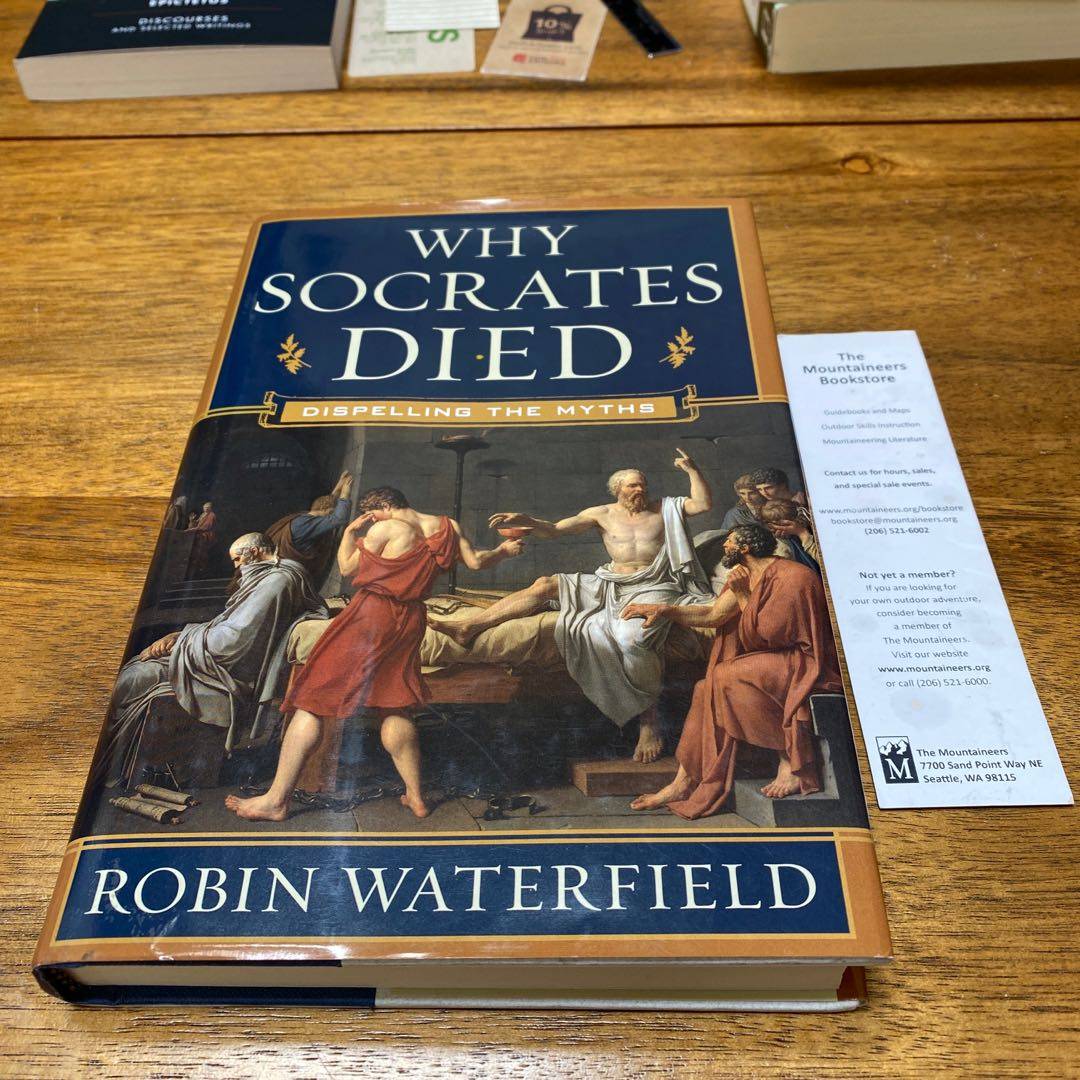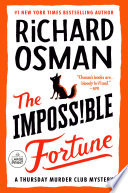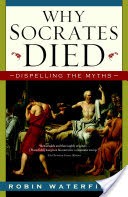
There are often parallels drawn between the executions of Socrates and later, Jesus, but the author argues these are superficial. Drawing on Thucydides, Plato, Xenophon and others, Waterfield tries to draw out the historical Socrates and the context in which he lived to understand the charges against him. “Socrates was put to death because the Athenians wanted to purge themselves of undesirable trends, not just of an undesirable individual.”
3 likes


















